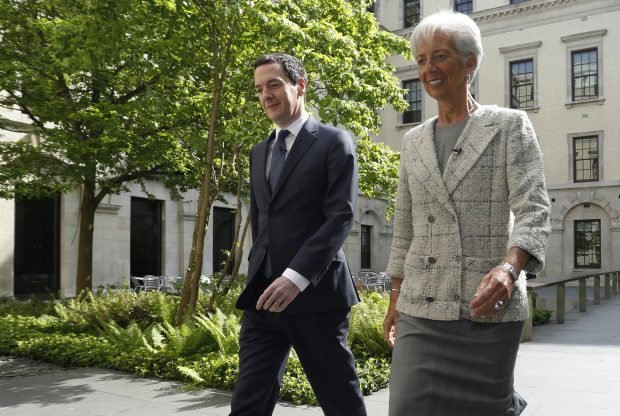There are queues outside the money exchanges as we desperately try and swap our worthless pounds for euros. The Red Cross are flying in food parcels. The IMF is arranging an emergency aid package, whilst house prices are in freefall and interest rates are soaring. If you cast your mind back only a few weeks, that was meant to be an accurate description of the British economy by now if we were crazy enough to vote to leave the European Union. That, however, is not how it has worked out. In fact, the economy is fine. It is the economists who are taking a beating.
This week, we have had the first hard data after the referendum. And it has all been surprisingly good. On Tuesday, we learned that inflation had nudged up a tiny bit, but was still way below the Bank of England’s target. Yesterday, we found out the economy was still creating jobs in record numbers. Today, we hear that retail sales are up as well, with an increase well ahead of City forecasts.
For anyone who cared to think seriously about it, there was nothing terribly surprising about any of that As some of the more honest pro-EU economists – the Nobel prize-winner Paul Krugman for example – admitted, even if leaving the EU was bad in the long term there was no reason to expect an immediate collapse in activity. Writing on his New York Times blog, Krugman noted that although he might personally sympathise with their position, he was ‘worried that the apparent consensus among economists was in some sense political rather than analytical’.
Quite so. In fact, the British economy was doing fine before the vote, and there was no real reason to expect that to change. Indeed, the 17 per cent devaluation of the pound and the relaxing of austerity, as well as the cut in interest rates, all of which were always going to follow the vote, were likely to boost output, not depress it. That was fairly easy to predict.
But despite that, most mainstream economists were adamant that there would be a recession. Goldman Sachs predicted ‘a mild recession by 2017’. Barclays predicted negative growth for the third and fourth quarters of this year. So did most other forecasters. Of course, it may still happen. But it is not looking very likely right now.
So why were most mainstream economists predicting a recession? As Krugman points out, it is hard to escape the conclusion that they were so committed to the EU, and so disappointed by the result, that they ended up insisting it would be disaster, despite the fact that the textbooks suggested it wouldn’t be.
But that really isn’t good enough. Economics is meant to be a science, not a form of propaganda. In fact, the profession has already taken a beating from its failure to foresee the 2008 crash, to peddling quack remedies such as quantitative easing, and now negative interest rates and abolishing cash. The hysterical, and it now seems wildly inaccurate, predictions of a post-Brexit recession may finish its credibility forever – and deservedly so.






Comments